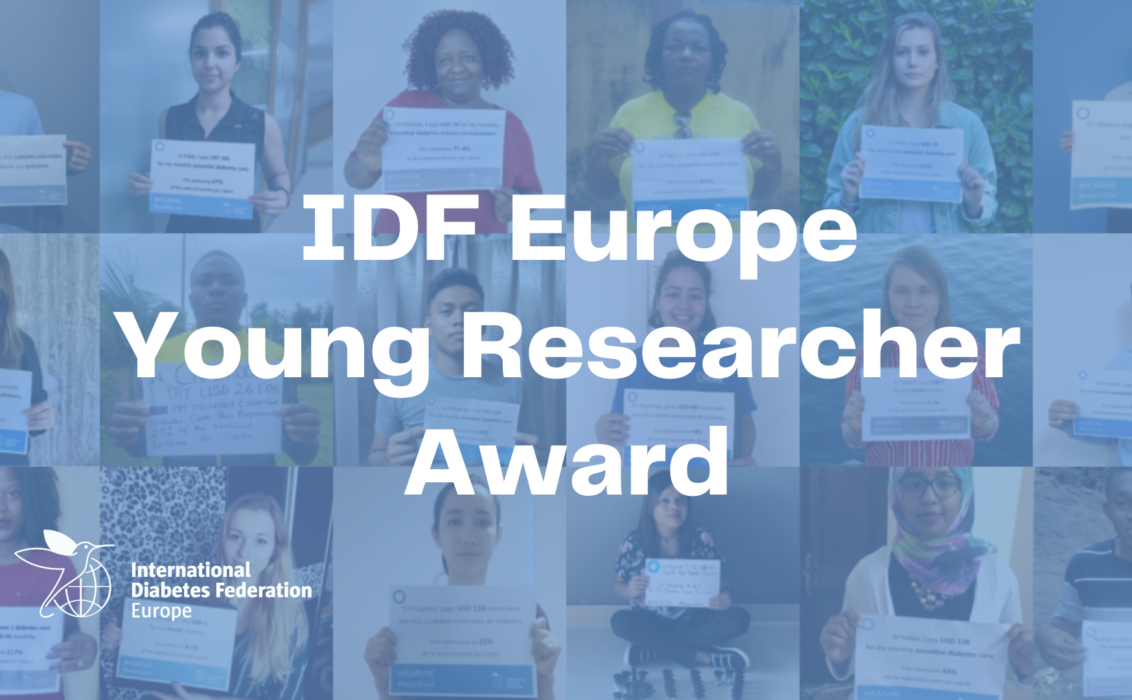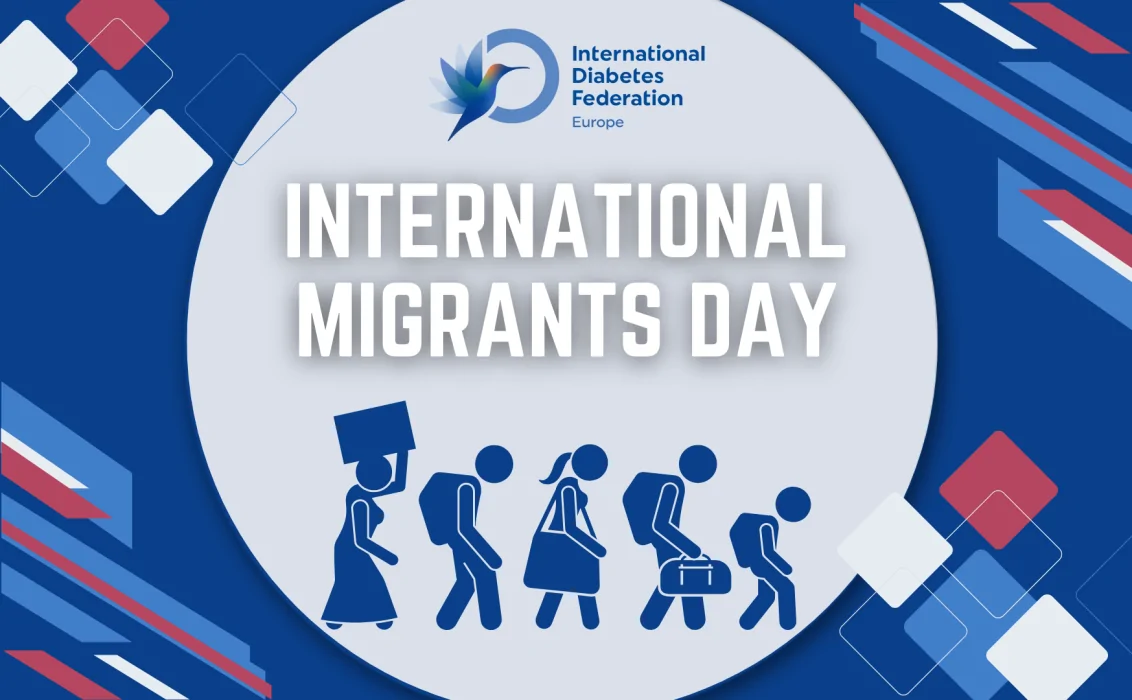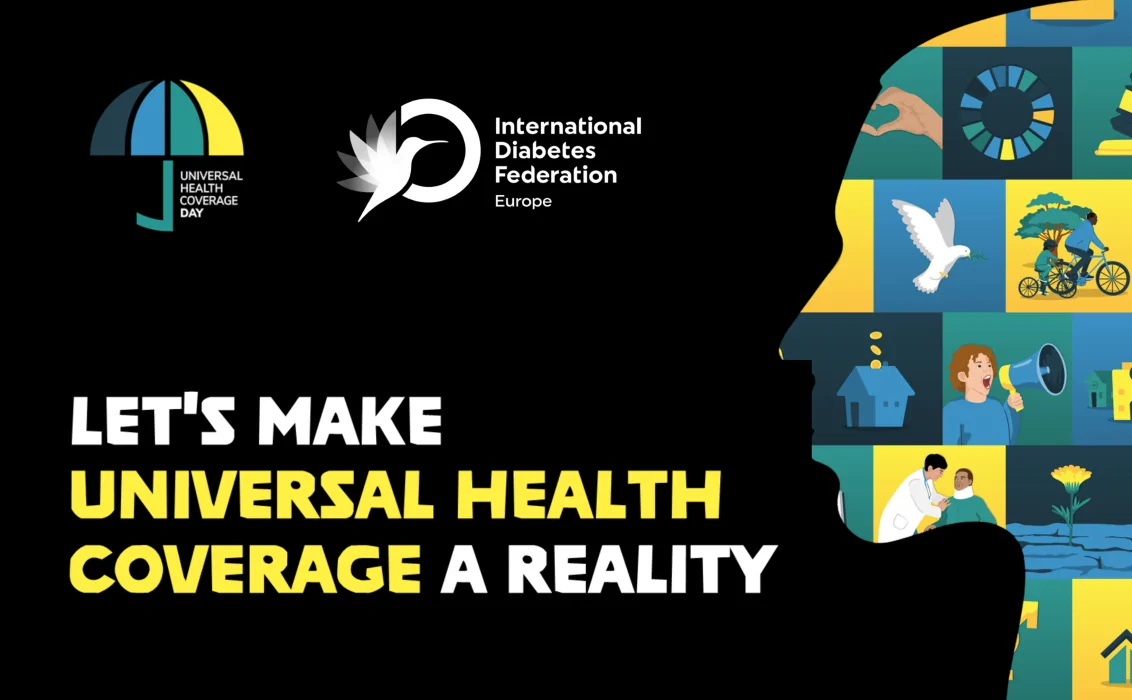One size does not fit all in diabetes
In 2012, the International Diabetes Federation European Region (IDF Europe), launched, its annual IDF Europe awards in diabetes that recognizes excellence, innovation, dedication and commitment in diabetes. In 2017, IDF Europe recognized the work of two young innovative and dedicated women having a daily positive impact on diabetes. Cristina Cucchiarelli (IDF Europe Prize for long standing achievement) and Dr Shivani Misra (IDF Europe Prize for young researcher) whom we have decided to interview.
For the first interview, we spoke to Shivani, a diabetes researcher and clinical consultant at Imperial College Healthcare NHS Trust, about her research and its potential impact for people with diabetes.
Shivani, how did you become interested in diabetes?
When I was a junior doctor, I wanted to be an endocrinologist, but it was actually diabetes that put me off! In 2009, I started working at Imperial and came into contact with some eminent Diabetologists and researchers who were inspirational in their approach and management of diabetes. I started to realize how complex diabetes was and how there were so many facets to study from diagnosis and classification to treatment and complications. I was fascinated to see people with lots of different types of diabetes presenting in different ways and I became interested in how we differentiate them, because of course correct diagnosis of diabetes subtype, ensures correct treatment. Gradually, diabetes became the most interesting discipline in endocrinology for me and I knew I wanted to study it further.
Your interest in research and diabetes led to the set-up of an extremely interesting study, MY DIABETES, can you tell us more about it?
At present, my research focuses on the different types of diabetes that exist in people diagnosed at young age and how we can clinically and biochemically differentiate them. Lots of people will have heard of type 1 and type 2 diabetes, but there are many other more uncommon types including genetic forms. There is a real challenge trying to differentiate what type of diabetes a person has, particularly when they present in young adulthood and especially in different ethnic groups, as one size does not fit all. However, getting the diagnosis right is hugely important as it means someone receives the correct treatment for their diabetes. I set up the MY DIABETES study in 2013, which was funded by the Diabetes Research & Wellness Foundation to address this issue. We recruit people from white European, south Asian and African-Caribbean ethnicities in the UK and look in detail at their type of diabetes, whether they have been misclassified and how best to differentiate the different types.
So far over 1200 participants have been recruited across 35 sites in England. Initial findings will be reported in 2018, but some of the early data have been presented at conferences and demonstrates differences in the way people from different ethnicities present with diabetes.
You can find more information on this study in the following websites:
https://clinicaltrials.gov/ct2/show/NCT02082132
http://www.imperial.ac.uk/people/s.misra
During the World Diabetes Congress, you received the IDF Europe Award for young researcher. What has been your reaction?
I am so grateful to IDF Europe, to be the recipient of this prestigious award! It means so much to have recognition for the work that I am undertaking and as an early career academic clinician, it is wonderful to have achieved something like this. There is still much work to be done in investigating diabetes across different ethnic groups and I hope the results of the MY DIABETES study will be impactful and lead to further research in this important area of study.



